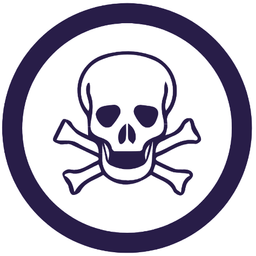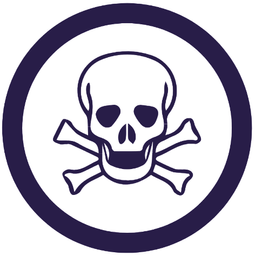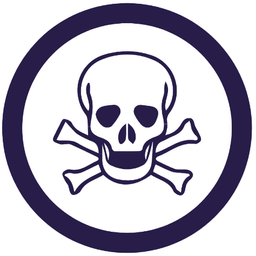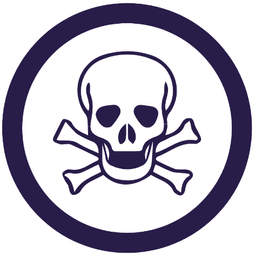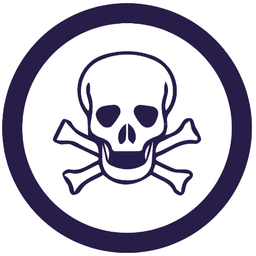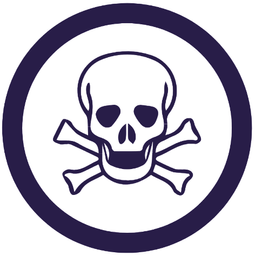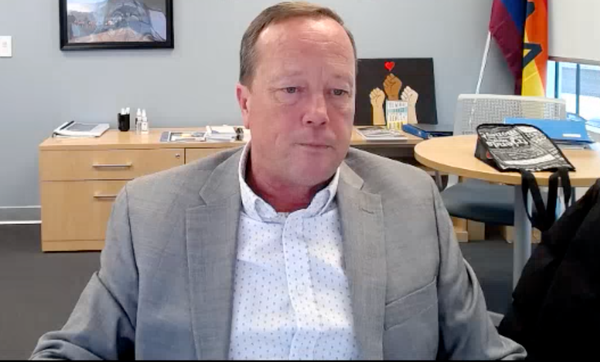'What's Wrong With Rehab?' wins gold at Alberta Magazine Awards
This story was written the first summer after Drug Data Decoded launched, appearing on the cover of the March 2024 Alberta Views. Since then, its conclusions and predictions have borne out. A look at some of the follow-up work on the Alberta Recovery Model.
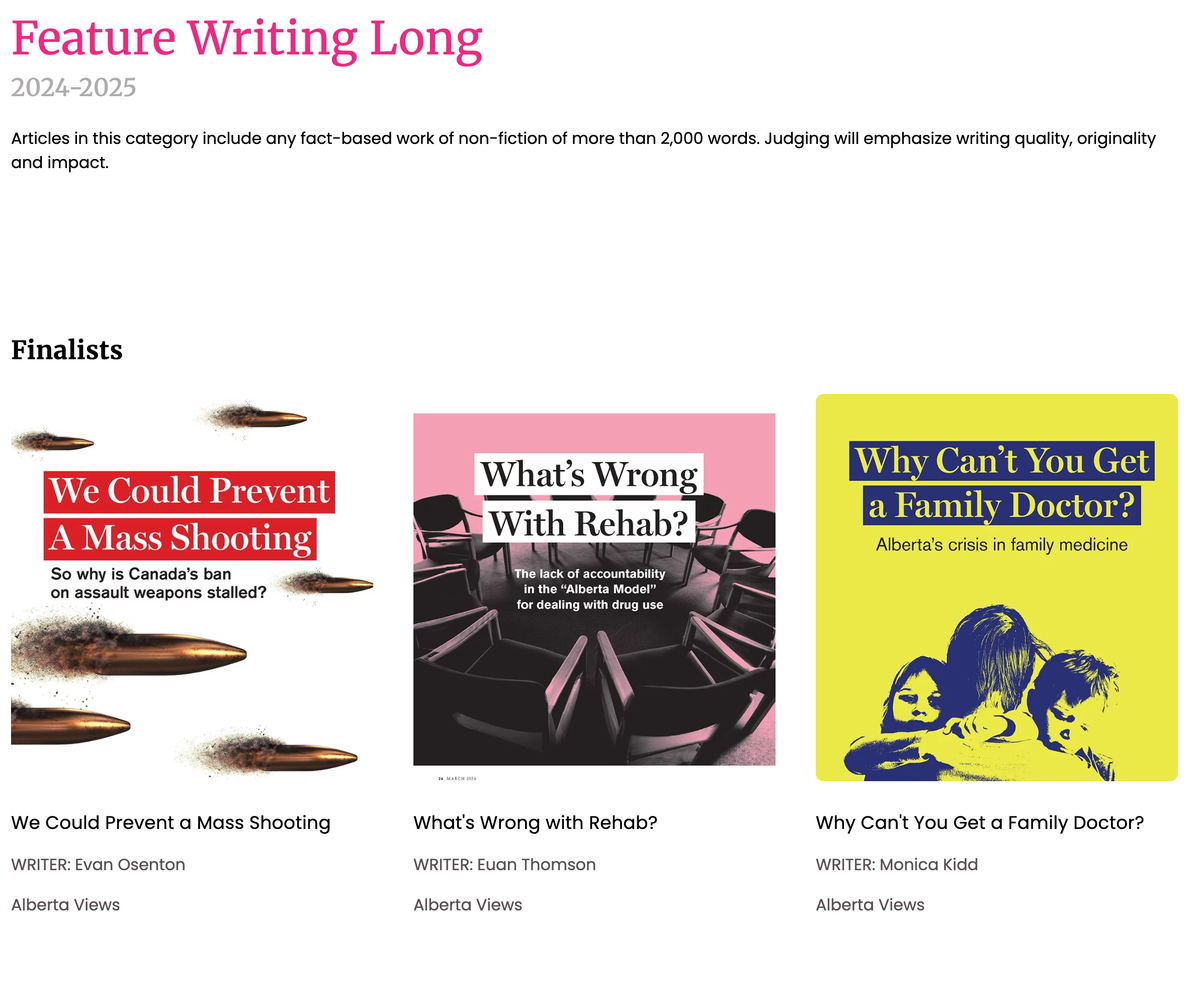
A bittersweet victory at the Alberta Magazine Awards provides a worthwhile moment of reflection for readers of Drug Data Decoded. This outlet is indebted to everyone who has shared its stories, contributed work, supported with paid subscription or provided inside information – thank you.
Readership now exceeds 2,200 subscribers, 100 of them paid, so at over $600 revenue per month Drug Data Decoded is able to cover its freedom of information and online platform fees, with a little left over to cover labour!
'What's Wrong With Rehab?' was written over the summer of 2023, when we were experiencing the fallout of repeated ignored warnings by this outlet that the drug poisoning crisis was intensifying again – despite the government's denial. Right now, in 2025, that history is repeating as it appears this year could exceed all years but 2023 in deaths. In that summer of 2023, many of us were doing what we could, not always within the rules, to slow down the immense suffering. But we kept losing people. We keep losing people. This is the primary way that the resistance to the Alberta model has been fractured.
That summer was also the moment when the Alberta government's coordinated attack on safer supply was going national – the story was finalized just two weeks before DULF compassion club organizers Eris Nyx and Jeremy Kalicum were arrested in Vancouver. Around the same time, this author was targeted by National Post opinion writers including Adam Zivo – a hissy fit of incompetence rooted in their lack of due diligence, intentional or not, on reporting conflicts of interest among sources.
The writing of this story was a crash course in investigative journalism, for which this author is grateful to Alberta Views and to brother Jimmy Thomson, who provided considerable editorial support on the early drafts. All of this was the moment at which Drug Data Decoded transitioned from news consolidation and analysis to investigations. Just two months after submission, its first story broke about My Recovery Plan, revealing how personal health data uploaded to the sole-sourced app was held privately by Last Door Recovery Society.
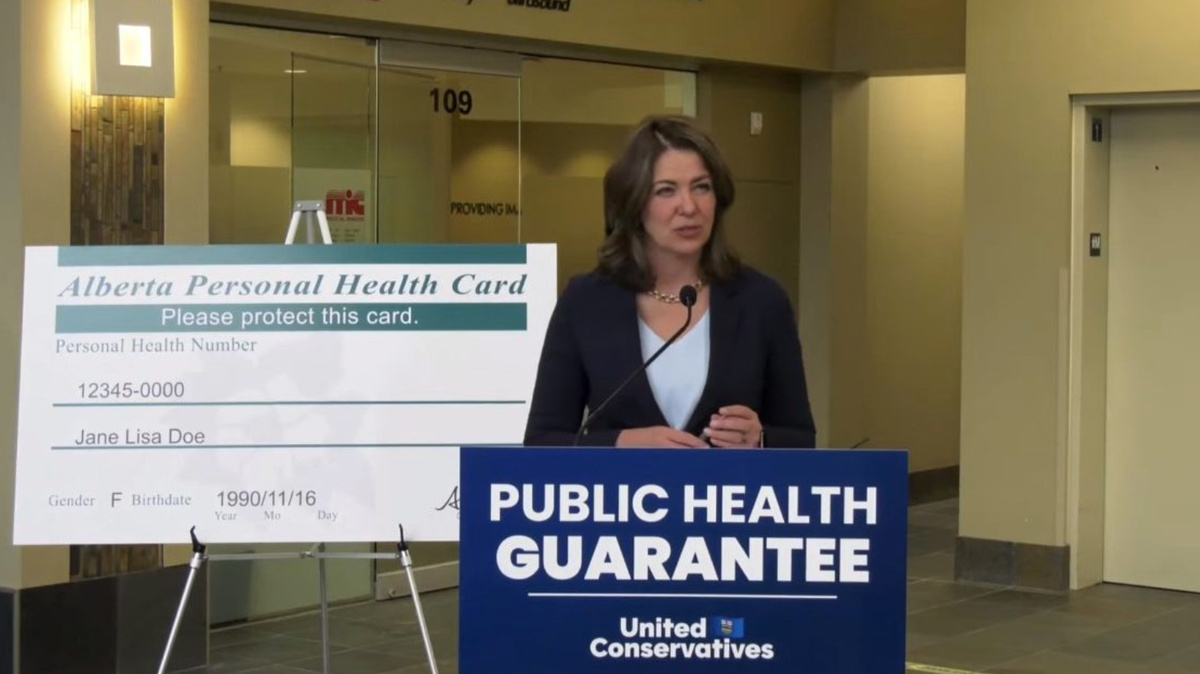
This scoop was just the tip of a thread that, once pulled, unravelled the channels through which private recovery operators were extracting value from some of the most vulnerable people in Alberta.
My Recovery Plan broke every rule governing Informed Consent by subtly requiring recovery clients – many of whom were experiencing withdrawal – to upload their data to the app.
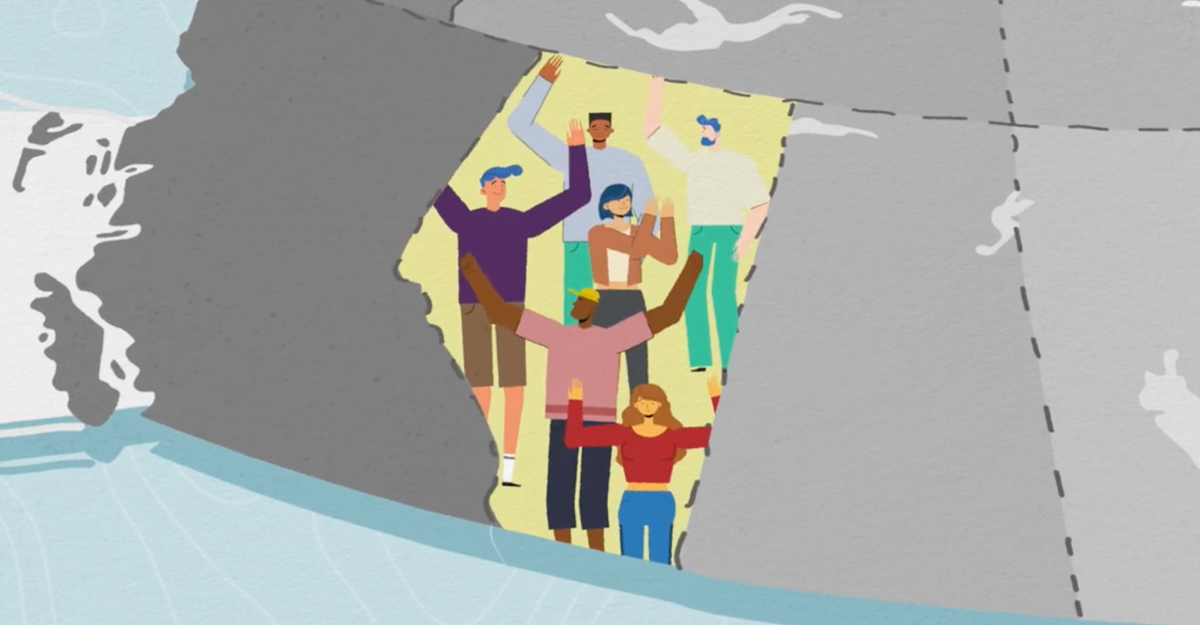
This subtle strategy of forcing recovery centres to implement the app and push it on every client became much less subtle in early 2025, when some recovery centres wouldn't allow clients to access services unless they enrolled in the app.
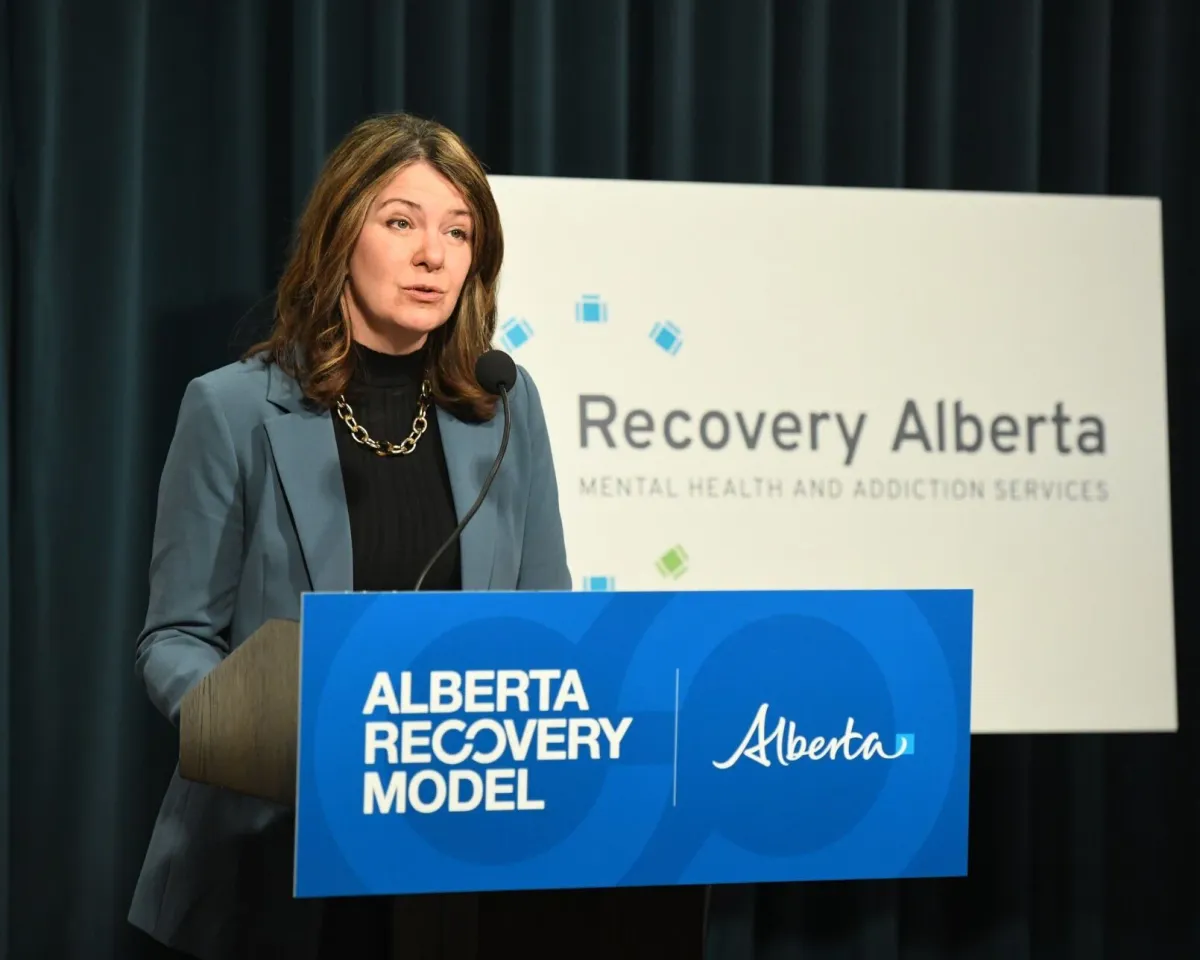
These breaches of privacy and health legislation got even worse. By allowing the app to run off an Amazon server, the government made user data vulnerable to the US CLOUD Act. This was discovered at a moment when the American carceral apparatus is building new cages for the people whose data now sits in this database.
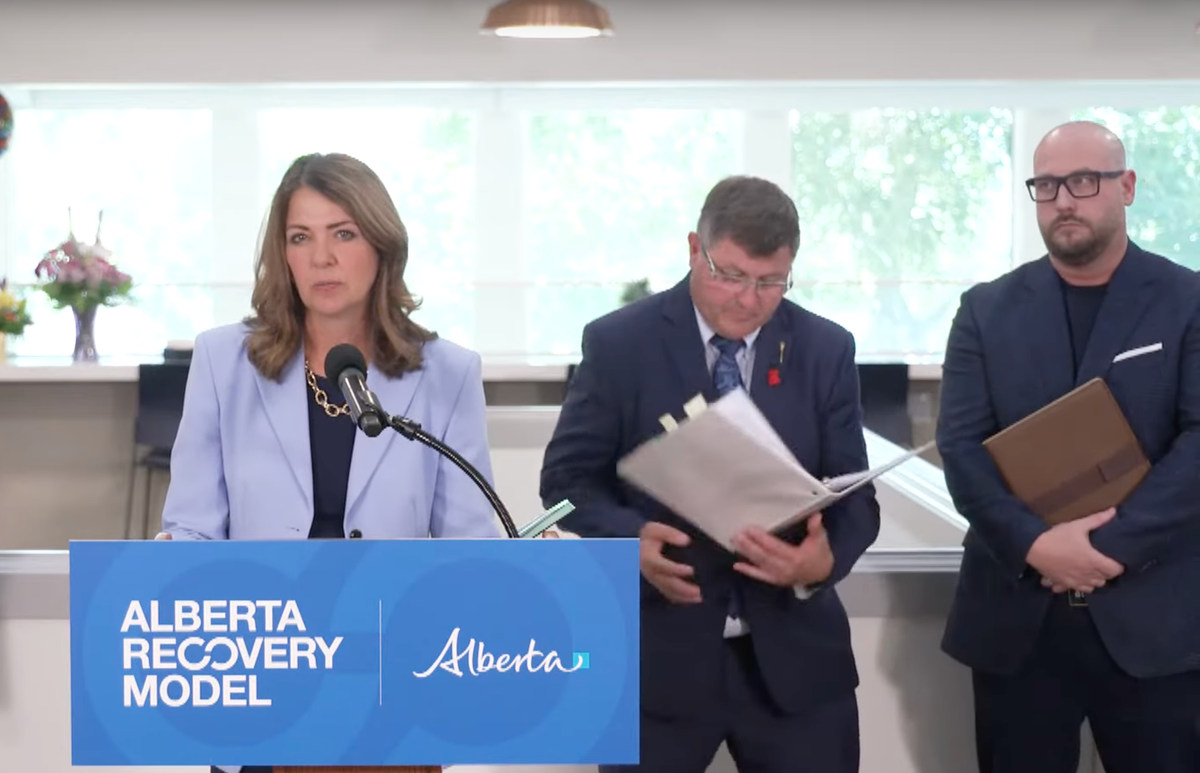
The government had big plans for My Recovery Plan: shelters, prisons and even supervised consumption sites were targeted for implementation. Nobody knows how far they got with this program, but with 'recovery coaches' known to be scouring shelters in Red Deer and emergency departments in Calgary for people who use drugs, it is plausible that recruitment into the app occurred in all of these locations.
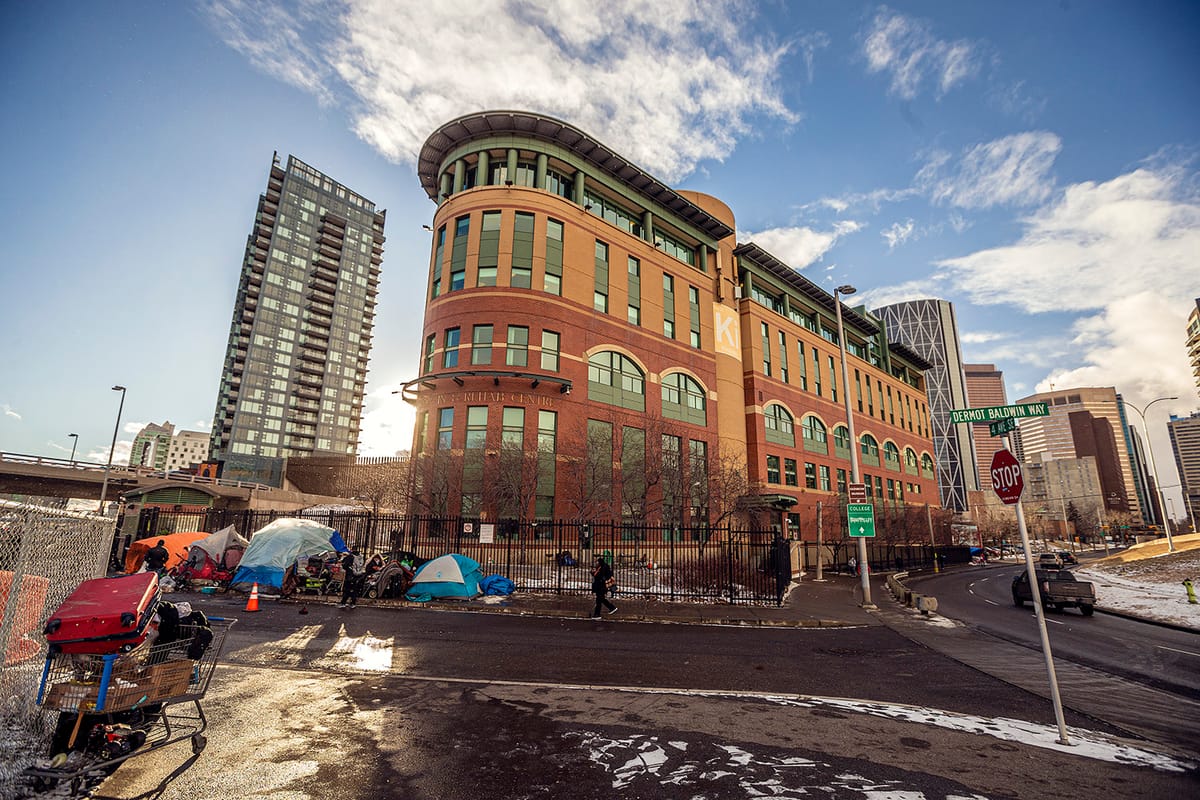
The one silver lining during the period in which My Recovery Plan was being forced on service providers (2023-2025) was that Indigenous-run recovery centres could see where My Recovery Plan was headed, and refused to implement it. They said it didn't safeguard data according to data sovereignty agreements and it didn't contain culturally safe material.
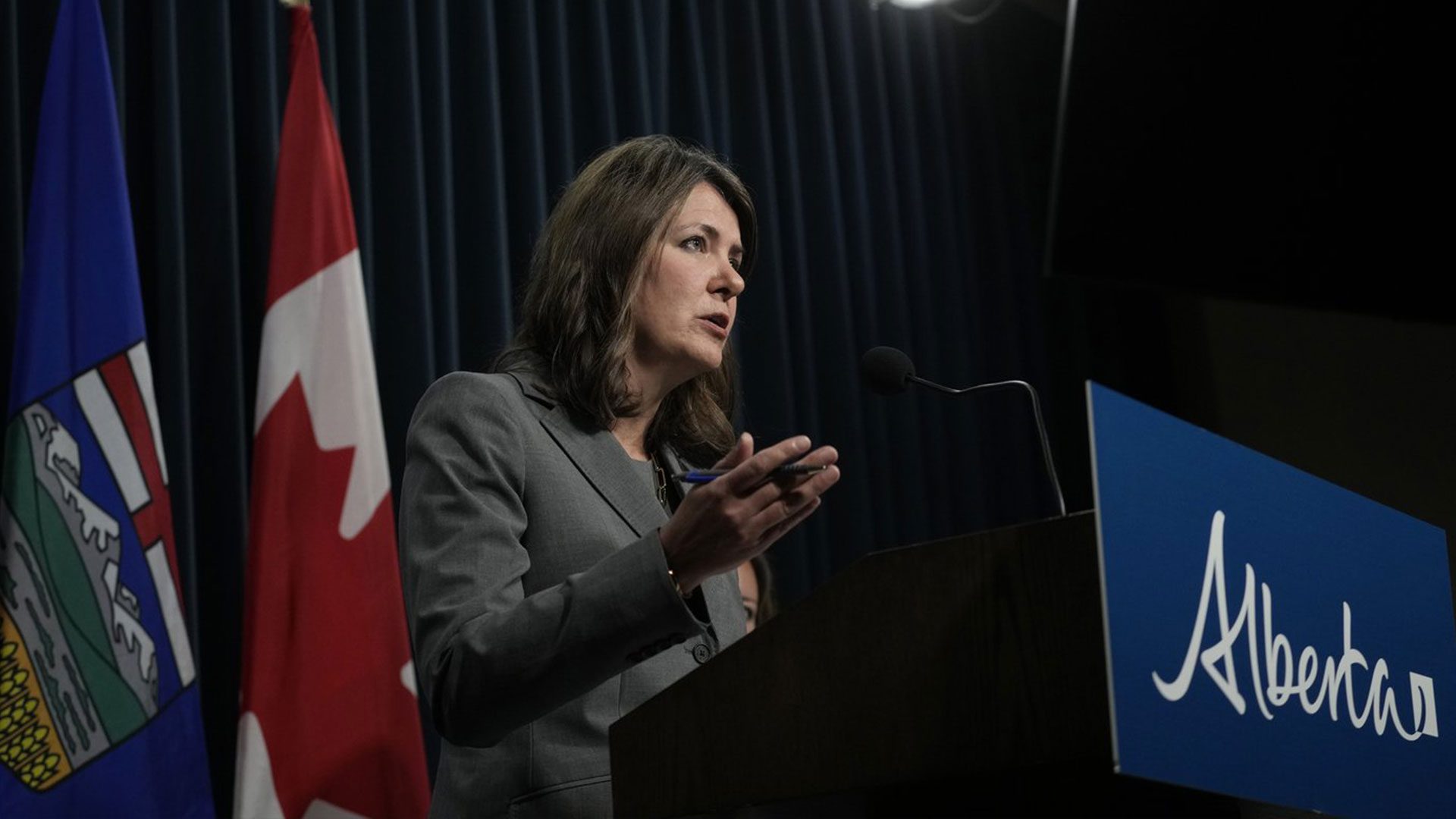
But finally, last month Drug Data Decoded reported that the Alberta government was quietly decommissioning the app. They never made a public announcement about this but confirmed the finding to a CTV reporter. In their correspondence to recovery centres, the Ministry said that it would be pursuing an "evidence-based" tool to replace My Recovery Plan.
Since 2023, the Ministry has used My Recovery Plan data to justify hundreds of millions of dollars in spending through its business plans. The data, which were apparently never evidence-based, are now being dropped as an outcome measurement.
This means Alberta is back to its 2021 level of transparency in measuring outcomes of its 'recovery-oriented system of care' – in other words, no transparency whatsoever.
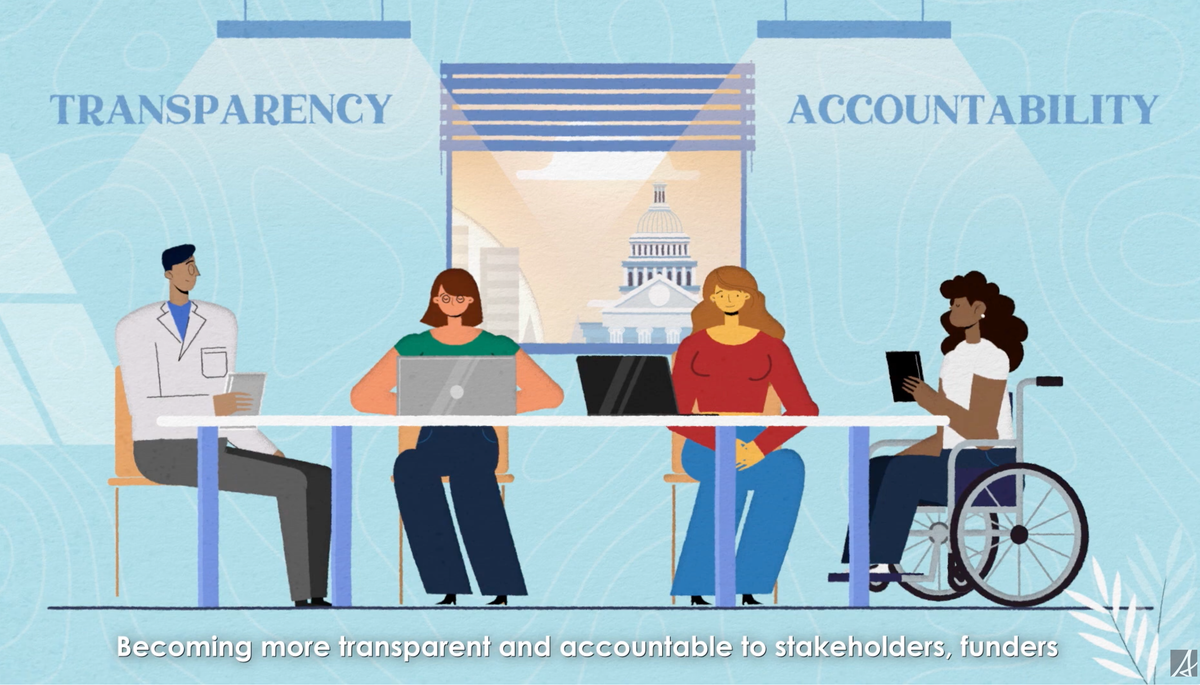
A huge thanks to Alberta Views for believing in this story and seeing it through to the end. The editors at the magazine are talented coaches and, like all good coaches, have the patience of saints.
It is the hope of this outlet that the award will help media to see the bigger picture and conduct more follow-up around the ignored procurement scandal that appears to underpin this body of reporting.


